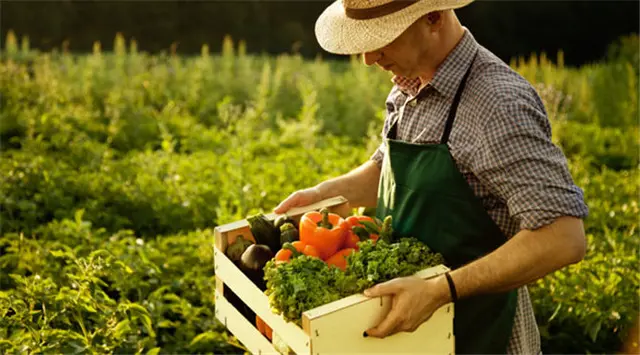Australia's farming produce is set to become more competitive after the World Trade Organisation (WTO) agrees to end 15 billion U.S. dollars in agriculture export subsidies at the weekend.
The agreement being hailed as one of the "most significant outcome on agriculture" in the WTO's history is being used to reestablish the stature of the trade body following the continually delayed Doha negotiations.
Australian trade minister Andrew Robb on Monday however told Australia's national broadcaster the latest Doha negotiations are in need of overhaul as the agriculture deal is only one part of the trade pact.
"Yes, we got an outcome this time but it's one of many issues that should have been resolved years and years ago," Robb told the Australian Broadcasting Corporation.
The deal agreed to by the 163 member organisation at the weekend in Kenya will see the immediate removal of farmer subsidies by developed members with developing countries to remove subsidies by 2018.
Australia's farming sector, touted as one of the highest quality in the world, are likely to the biggest winners out of the deal as they are the least subsidised producers among OECD nations despite being the most productive, with 81 percent of produce exported.
The sector has been gradually increasing its global market share due to the appetite of Asia's rapidly growing middle class and the signing of various regional trade agreements over the past 18 months.
However Aussie farms have faced stiff competition from other heavily subsidised OECD countries who are also looking in increase market share, which inadvertently cause increase price volatility, lower market returns and displace trade by other export suppliers.
"This commitment to remove the subsidies will have important flow on benefits for all types of trading economies, both developed and developing, and will create a more even playing field for Australian farmers, including exporters of meat, dairy, sugar, grain, wine, horticulture and cotton," National Farmers Federation president Brett Finlay said in a statement.
"The outcome also establishes new WTO disciplines to limit the ability of countries to use export finance programs in ways that distort agricultural trade."
 简体中文
简体中文



